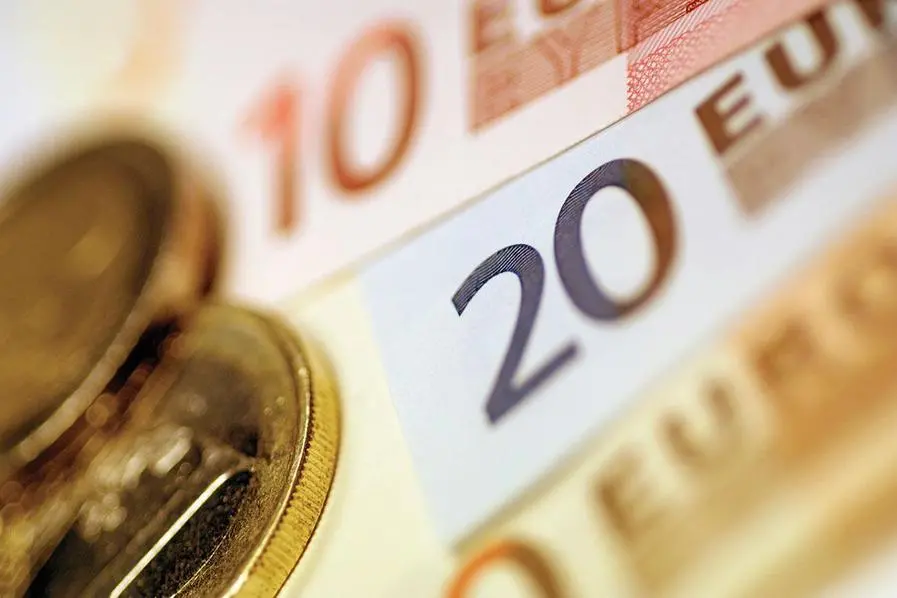PHOTO
Euro zone money markets on Friday ramped up their bets on a 50 basis-point interest rate hike from the European Central Bank in July that would bring the bank's policy rate to 0%.
Dutch central bank governor and ECB policymaker Klaas Knot said on Tuesday that the bank should keep the door open to a 50 bps hike if upcoming data suggested inflation was "broadening further or accumulating".
Knot's speech shifted market expectations, and on Friday traders priced in as much as 38 bps of hikes by July. That suggested a 25 bps hike is fully priced in, and a 52% probability of an additional 25 bps move.
"Even if (Knot's) is a minority view at the ECB, I think we can now consider that 25 basis points at this meeting is going to be the minimum," said Antoine Bouvet, senior rates strategist at ING.
By 1055 GMT, bets had eased slightly but money markets still priced in a 48% chance of such a move.
Rising bets on a 50 bps hike have also driven a 16 bps surge in Germany's two-year yield this week, according to Tradeweb prices.
The much greater rise in the two-year yield relative to the 10-year sharply narrowed the yield curve by 11 bps this week in the biggest move since the height of the COVID-19 pandemic in March 2020, Tradeweb showed.
On Friday, it was around 60 bps, just off the flattest since late February.
While U.S. Tresaury yield curve flattening has been a big theme this year with a brief inversion in March, the steepness of the German curve had long puzzled analysts given a weaker growth outlook in the euro area.
Jens Peter Sorensen, chief analyst at Danske Bank, saw the flattening as a result of "the rising expectations that the ECB will front-load rate hikes similar to what we have seen in the U.S."
If growth fears continue, that should hold down longer-dated yields while central banks will keep pressure on shorter-dated ones, Sorensen said.
Across the broader market, euro zone bond yields rose after two days of hefty falls that came with a rout in stock markets as growth concerns moved back into focus. Yields move inversely to prices.
European stocks rallied on Friday, however, after China's cut in a key lending benchmark to support a slowing economy boosted risk sentiment.
Germany's 10-year bond yield - the benchmark for the euro zone - was up 6 bps to 1.00% and set to end the week 5 bps higher.. It had fallen 12 bps across Wednesday and Thursday.
"The important development here is that bonds and stocks are positively correlated again. This is far from a given in a phase of inflation, in a phase of repricing of monetary policy," Bouvet said.
"... (So) a lot of the adjustment in monetary policy expectations has been had already, so we're back to normal markets, risk-on, risk-off."
Investors will watch for speeches from several ECB policymakers including chief economist Philip Lane as well as euro zone consumer confidence data later on Friday.
(Reporting by Yoruk Bahceli; editing by John Stonestreet, Kirsten Donovan)





















